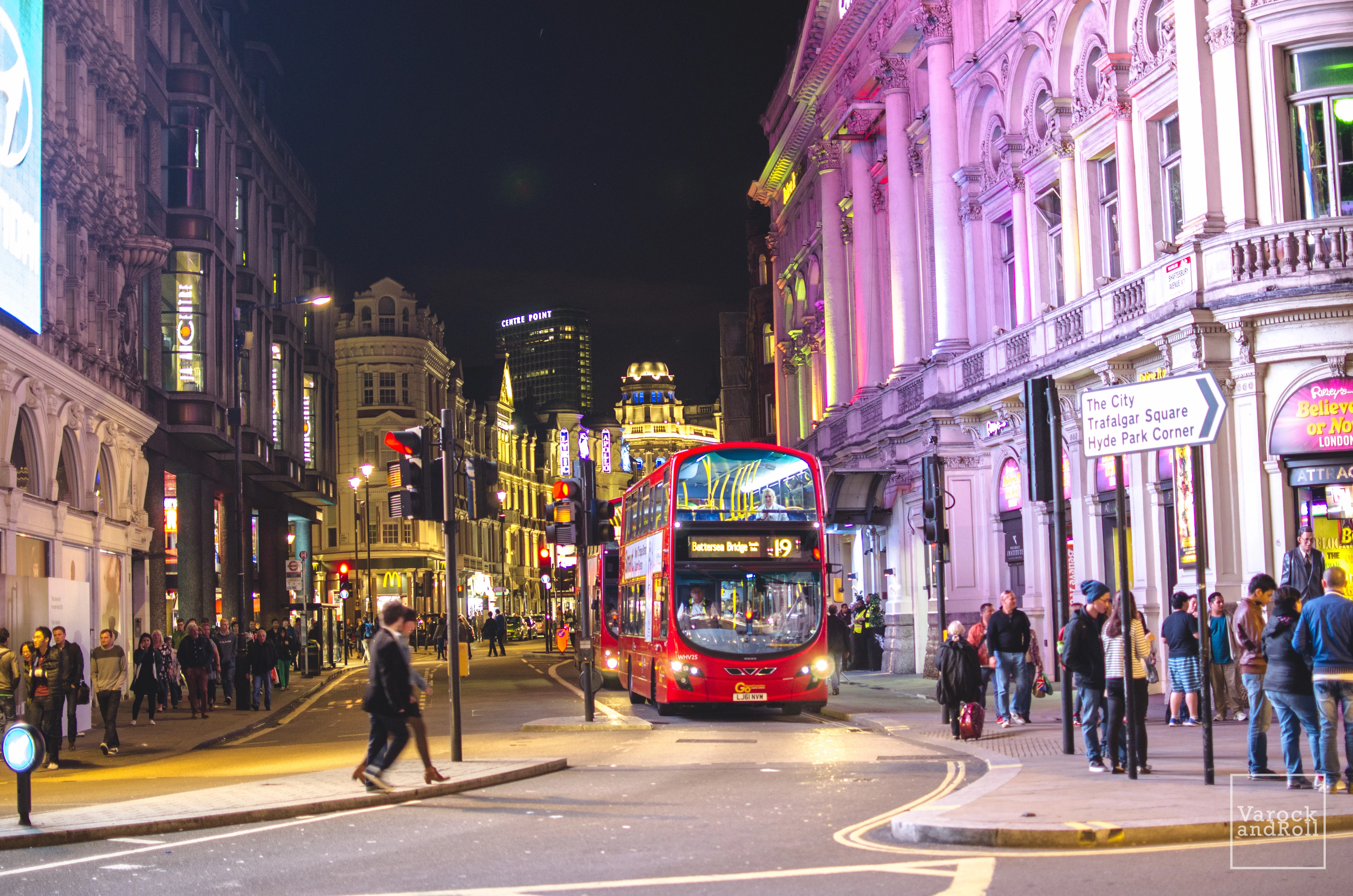
Member Article
What does Sadiq Khan's promise to turn London into 'world's leading' smart city really mean?
The London Mayor, Sadiq Khan, has kicked off London Tech Week today (Monday) with grand claims to turn the capital into the world’s leading smart city.
Speaking to London’s tech community, Khan outlined his vision to harness the tech innovations being pioneered by the city’s tech firms and startups in the heart of London to ‘transform London into the world’s leading smart city’.
But what does Khan mean by smart city? And what might a ‘smart’ London of the near future actually look like?
Making a dumb city smart
The concept of smart cities has been floating around for a few years now, and in many ways they are already here.
Harnessing big data, sensor technology and the voracious data crunching appetite of machine learning, amongst other technologies, the vision for smart cities sees urban planners and policymakers feeding data driven insights back into the design and construction of our built environments.
With the advent of Internet of Things (IoT), that is small connected devices and sensors working in tandem, there is also the potential for this feedback loop to become nearly instant, with moving parts such as pedestrians and traffic flows dynamically manipulated in real-time.
Small innovations such as parking space sensors which keep track of when car parks are reaching capacity to small sensors in bins which can inform waste disposal companies when bins are full are just some of the smart city-style developments already utilised in cities across the world.
However, Khan’s vision seemingly goes much further than LED boards on multi-storey car parks. Melding data and the latest tech, the Mayor hopes London can lead the way in tackling major urban problems with smart technologies, and here are some of the ways it might happen.
Air pollution and climate change
By coinciding the announcement of his smart city ambitions with the launch a new £1.6m CleanTech incubator, dubbed Better Futures, the Mayor has explicitly signposted where the much of the early impetus on smart city innovations will go - cleaning up London’s toxic air.
The issue of air quality has become a major political issue this year with London well over legal limits and gridlocked carriageways from Oxford Street to Bromley and back again only exacerbating the problem.
Data and sensor technology, along with cleaner energy and fuel tech, has the potential to clean up London’s air and help inform policy decisions when looking at ways in which to mitigate pollution problems.
For example, a network of local sensors can provide urban planners with real-time and accurate emissions readings, while connected, eco-friendly buses can help inform more carefully crafted bus schedules while making individual journeys carbon neutral.
Traffic congestion
Linked to pollution, traffic congestion is a chronic problem that has paralysed cities around the world. As car ownership has boomed, even measures such as congestion charges and the soon to be introduced ultra low emission zones haven’t done anything to kick our addiction to motor car.
However, with autonomous vehicles currently under development and on-demand transportation becoming an everyday reality, the days of mass car ownership could soon be over.
Meanwhile, the cars that do remain on the road could be more intelligently directed with shifting road designs, smarter traffic signalling and smart speed limits, providing a connected transport system that dynamically adapts depending upon the load that it is over.
Housing
Everything from household repairs to the manufacture and design of housing is set to be transformed by technological innovations over the coming decades.
Say, for example, you are a housing association tenant in 2030 and you wake up one morning to find a leak under your kitchen sink. Before you even have a chance to contact the housing company, a tradesperson is already at your door to fix the leak after sensors informed head office of the leak.
You then head out into the immaculately manicured (by robo lawn mowers of course) community garden which itself is monitored by a network of sensors adjusting irrigation on the fly. The garden itself provides fruit and vegetables for your whole neighbourhood with any surplus automatically funnelled off for composting.
This all might sound like a utopian vision, but the technology underlying it is already here, and it will just take the next couple of decades for the necessary systems and infrastructure to be perfected and developed before they become an everyday reality.
Looking to promote your product/service to SME businesses in your region? Find out how Bdaily can help →
Enjoy the read? Get Bdaily delivered.
Sign up to receive our popular morning London email for free.




 test article 123456789
test article 123456789
 hmcmh89cg45mh98-cg45hm89-
hmcmh89cg45mh98-cg45hm89-
 test456456456456456456
test456456456456456456
 test123123123123123123
test123123123123123123
 test xxxdiosphfjpodskhfiuodsh
test xxxdiosphfjpodskhfiuodsh
 Savour the flavour: North Tyneside Restaurant Week returns for 2024
Savour the flavour: North Tyneside Restaurant Week returns for 2024
 Six steps to finding the right buyer for your business
Six steps to finding the right buyer for your business
 Stephen signs off on a special night
Stephen signs off on a special night
 Life’s a Peachaus: Gillian Ridley Whittle
Life’s a Peachaus: Gillian Ridley Whittle
 Making a splash: Phil Groom
Making a splash: Phil Groom
 Making workplace wellbeing a priority
Making workplace wellbeing a priority
 A record of delivery, a promise of more: Ben Houchen
A record of delivery, a promise of more: Ben Houchen